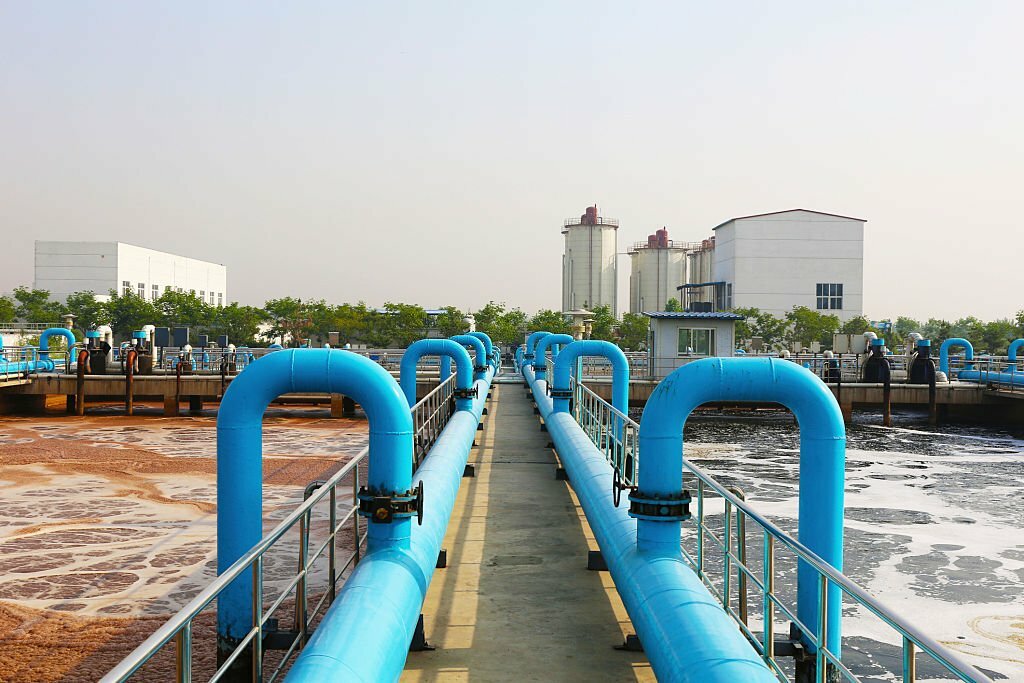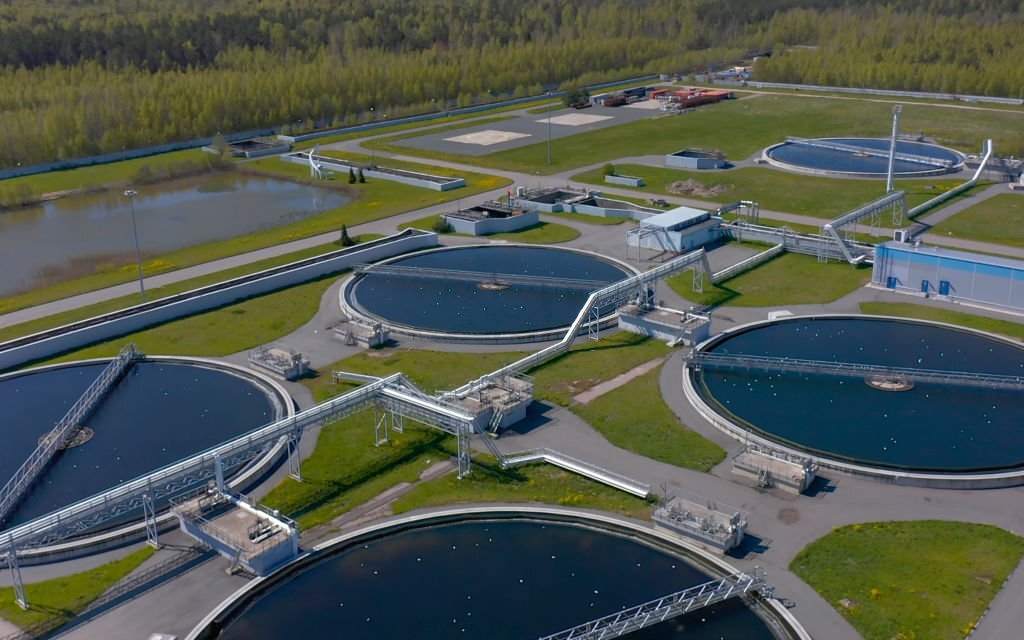A treatment plant is a facility designed to clean and purify contaminated substances such as water, wastewater, or sewage. It plays a crucial role in ensuring that water used in homes, industries, and other settings is treated before it is reused or safely released into the environment. Treatment plants come in various types, depending on the substance they process, such as a treatment plant for septic tanks or a domestic water treatment plant.

